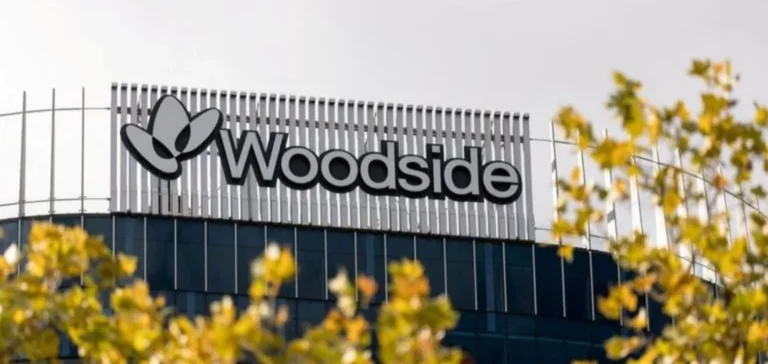Woodside Energy, Japan Suiso Energy (JSE) and The Kansai Electric Power Company (Kepco) have signed a memorandum of understanding to create a liquid hydrogen supply chain between Australia and Japan. The project will be based on Woodside’s H2Perth Project, located in the Rockingham and Kwinana Industrial Zones in Perth, Western Australia.
A hydrogen export project based in Perth
The H2Perth site is planned to produce liquid hydrogen from reformed natural gas. The stated goal is to achieve net zero direct (Scope 1) and indirect (Scope 2) greenhouse gas emissions from the start of operations. This would be achieved through the application of carbon capture and storage, subject to technical evaluations and regulatory approvals. The use of carbon credits is also planned to offset any remaining emissions.
The hydrogen produced would be transported aboard specialised carriers to receiving terminals in Japan. Specific volumes and delivery timelines have not been disclosed, but the partners see the initiative as critical infrastructure to strengthen bilateral energy flows.
A partnership focused on infrastructure and logistics
The collaboration aims to establish a complete logistics chain for hydrogen exports, a sector that still faces technical and commercial challenges. Implementation of suitable vessels, construction of import terminals and cryogenic treatment of hydrogen are among the key steps of the project.
This partnership aligns with Japan’s strategic interest in overseas hydrogen sources, particularly from Australia. For Woodside, the agreement represents a step in developing its low-emission project portfolio, leveraging existing gas infrastructure in Western Australia.
Strengthening Australia–Japan energy cooperation
The three companies see this agreement as a way to consolidate energy relations between Japan and Australia. The cooperation involves sharing technologies, logistics capacities and long-term objectives in the hydrogen sector.
The development of this energy corridor, still subject to further studies, marks a new phase in the ambitions of Asian and Australian stakeholders to structure commercial routes around liquid hydrogen. The segment remains in demonstration phase but is drawing increased interest in long-term import strategies.






















